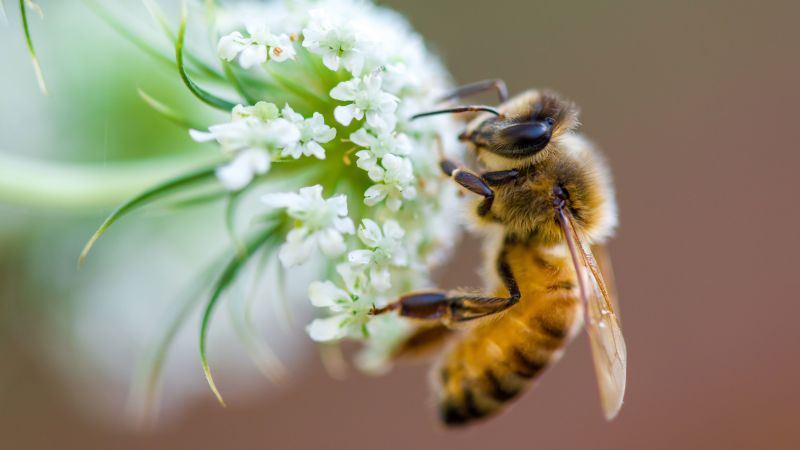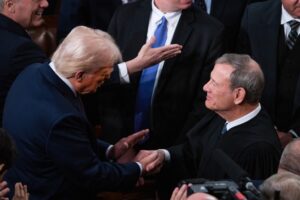The United States Department of Agriculture (USDA) has approved the first-ever vaccine for honeybees to prevent American foulbrood disease, a fatal bacterial disease that can destroy honeybee colonies, officials say.
Dalan Animal Health, the biotech company behind the drug, announced Wednesday that the USDA has approved a conditional license for the vaccine. The vaccine, which contains a dead cell of the virus, is administered to the bees through the queen feed that worker bees bring to the hive.
American Foulbrood disease is a serious threat to honeybee colonies, and traditionally, when bees get sick with it, their hives, as well as any equipment in contact with the infected hives, must be incinerated. This new vaccine is the first of its kind to prevent this from happening, the biotech company said.
The USDA said in a statement that it was its “first licensure of a honeybee product” and that it hopes the availability of this product will aid in the prevention and/or treatment of the disease American Foulbrood in honeybees given their central role in American agriculture (e.g. pollination).
The vaccine is a major breakthrough in the fight against American Foulbrood disease, as it is the first of its kind to protect honeybees from the disease. This is a major step forward in protecting honeybees, which are essential to the pollination of crops and the production of honey.
Key takeaways:
- The United States Department of Agriculture (USDA) has approved the first-ever vaccine for honeybees to prevent American foulbrood disease.
- The vaccine is administered to the bees through the queen feed that worker bees bring to the hive.
- The vaccine is a major breakthrough in the fight against American Foulbrood disease, as it is the first of its kind to protect honeybees from the disease.



Be First to Comment